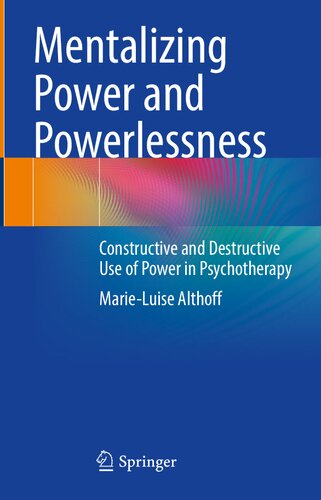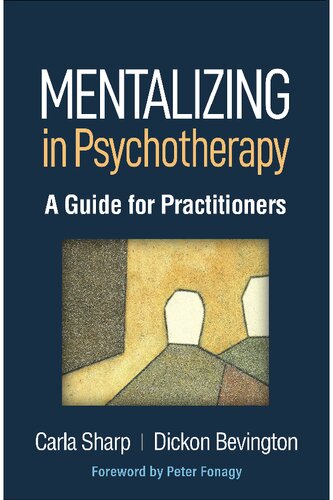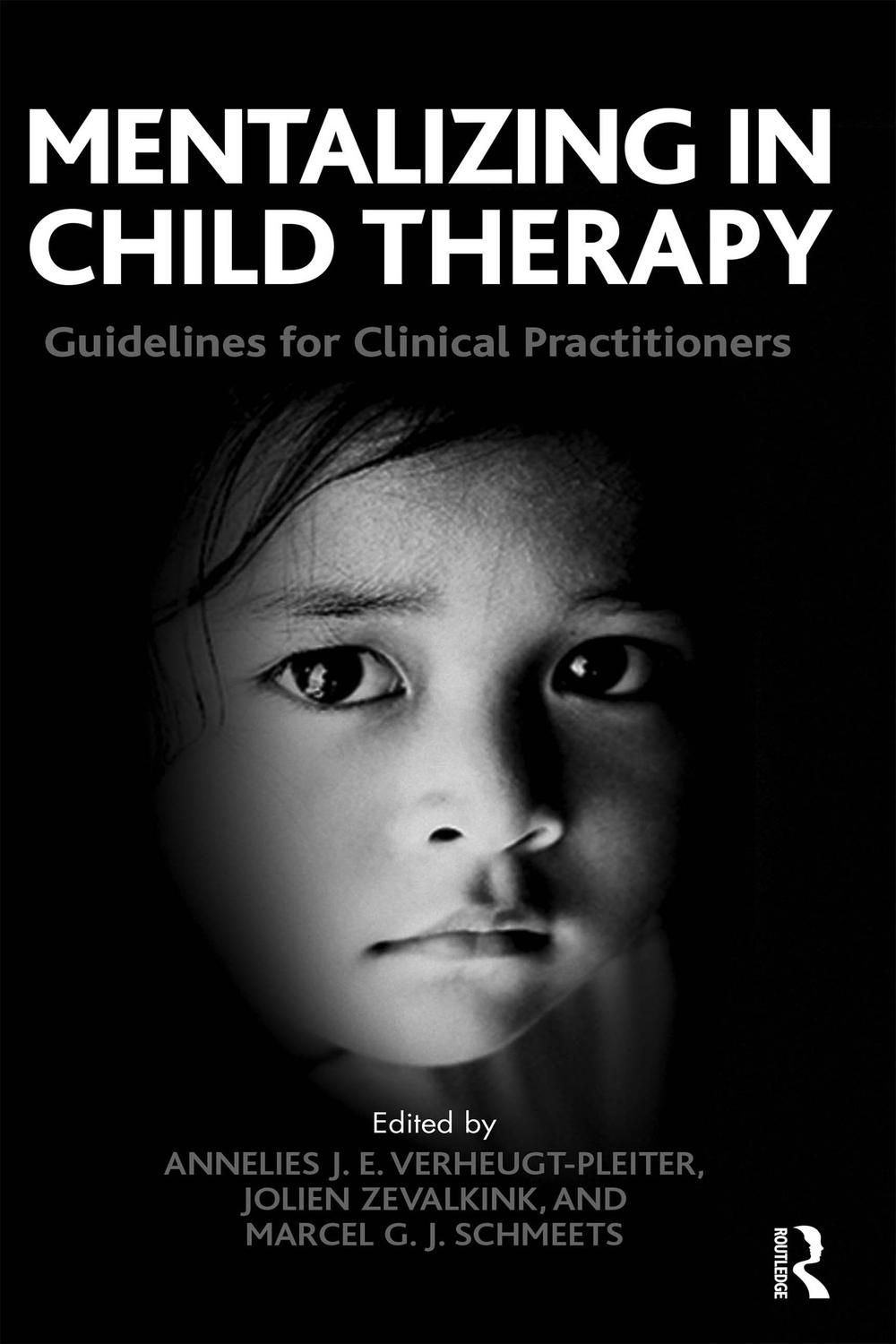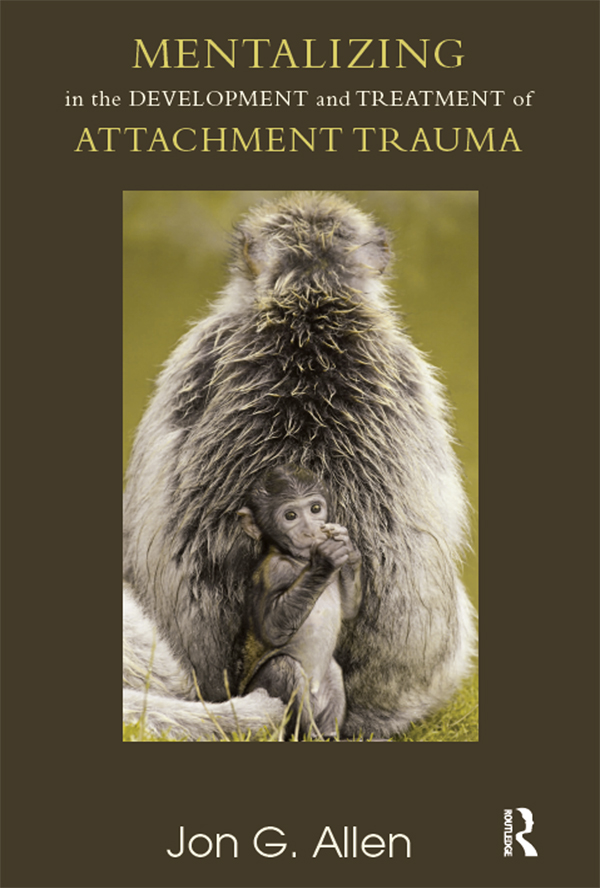ذهن خوانی قدرت و ناتوانی: استفاده ی سازنده و مخرب از قدرت در روان درمانی ۲۰۲۲
Mentalizing Power and Powerlessness: Constructive and Destructive Use of Power in Psychotherapy 2022
دانلود کتاب ذهن خوانی قدرت و ناتوانی: استفاده ی سازنده و مخرب از قدرت در روان درمانی ۲۰۲۲ (Mentalizing Power and Powerlessness: Constructive and Destructive Use of Power in Psychotherapy 2022) با لینک مستقیم و فرمت pdf (پی دی اف)
| نویسنده |
Marie-Luise Althoff |
|---|
دسته: پزشکی, پزشکی بالینی, پزشکی عمومی, روانپزشکی

۳۰ هزار تومان تخفیف با کد «OFF30» برای اولین خرید
| سال انتشار |
2022 |
|---|---|
| زبان |
English |
| تعداد صفحهها |
192 |
| نوع فایل |
|
| حجم |
4 Mb, 1 Mb |
🏷️ 200,000 تومان قیمت اصلی: 200,000 تومان بود.129,000 تومانقیمت فعلی: 129,000 تومان.
🏷️
378,000 تومان
قیمت اصلی: ۳۷۸٬۰۰۰ تومان بود.
298,000 تومان
قیمت فعلی: ۲۹۸٬۰۰۰ تومان.
📥 دانلود نسخهی اصلی کتاب به زبان انگلیسی(PDF)
🧠 به همراه ترجمهی فارسی با هوش مصنوعی
🔗 مشاهده جزئیات
دانلود مستقیم PDF
ارسال فایل به ایمیل
پشتیبانی ۲۴ ساعته
توضیحات
معرفی کتاب ذهن خوانی قدرت و ناتوانی: استفاده ی سازنده و مخرب از قدرت در روان درمانی ۲۰۲۲
در این کتاب، نویسنده با هدف کاربرد در روان درمانی، به بررسی این موضوع می پردازد که چگونه می توان از قدرت و اعمال قدرت به شکلی سازنده استفاده کرد. به طور خودبه خودی، افراد تمایل دارند موضوع قدرت را به صورت منفی تداعی کنند. آن ها اغلب در مورد ناتوانی خود و قدرت “بالادستی ها” صحبت می کنند و به ندرت در مورد تلاش خود برای کسب قدرت حرفی می زنند. این موضوع که قدرت و اعمال قدرت، و همچنین مواجهه با ناتوانی، نقش مهمی در روان درمانی ایفا می کنند، امری مسلم است. با این وجود، جنبه های سازنده و مخرب قدرت هنوز به اندازه کافی مورد توجه قرار نگرفته اند. در اینجا، یک نقص ذهنی سازی از سوی هر دو روان درمانگر و بیمار وجود دارد. در این کتاب، پرسش هایی مطرح شده و پیشنهاداتی برای کاربرد عملی ارائه شده است.
نوشته شده برای روان درمانگران، روان درمانگران کودک و نوجوان، خانواده درمانگران، مشاوران، روانپزشکان، پزشکان، دانشجویان و روان درمانگران در حال آموزش.
توضیحات(انگلیسی)
In this book, the author discusses with a view to psychotherapeutic practice how power and the exercise of power can be used in a constructive sense. Spontaneously, people tend to associate the topic of power negatively. They mostly talk about their own powerlessness and the power of “those up there”, and very rarely about their own striving for power. It is undisputed that power and the exercise of power, as well as dealing with powerlessness, play an important role in psychotherapy. Nevertheless, the constructive and destructive aspects of power are still too little reflected. Here, there is a mentalization deficit on the part of both psychotherapists and patients. In this book questions are asked and suggestions for practice are developed.
Written for psychological psychotherapists, child and adolescent psychotherapists, family therapists, counselors, psychiatrists, physicians, students, and psychotherapists in training.
دیگران دریافت کردهاند
ذهنخوانی بدن ۲۰۲۳
Mentalizing the Body 2023
🏷️ 200,000 تومان قیمت اصلی: 200,000 تومان بود.129,000 تومانقیمت فعلی: 129,000 تومان.
ذهن خوانی در روان درمانی: راهنمای عملی برای متخصصان ۲۰۲۲
Mentalizing in Psychotherapy: A Guide for Practitioners 2022
🏷️ 200,000 تومان قیمت اصلی: 200,000 تومان بود.129,000 تومانقیمت فعلی: 129,000 تومان.
ذهنخوانی در هنردرمانیها ۲۰۱۸
Mentalizing in Arts Therapies 2018
🏷️ 200,000 تومان قیمت اصلی: 200,000 تومان بود.129,000 تومانقیمت فعلی: 129,000 تومان.
ذهنخوانی در رواندرمانی کودک ۲۰۱۸
Mentalizing in Child Therapy 2018
🏷️ 200,000 تومان قیمت اصلی: 200,000 تومان بود.129,000 تومانقیمت فعلی: 129,000 تومان.
ذهنسازی در تکوین و درمان آسیب دلبستگی ۲۰۱۸
Mentalizing in the Development and Treatment of Attachment Trauma 2018
🏷️ 200,000 تومان قیمت اصلی: 200,000 تومان بود.129,000 تومانقیمت فعلی: 129,000 تومان.
ترمیم ذهن خوانی در روابط دلبستگی: درمان تروما با روان درمانی ساده ۲۰۱۲
Restoring Mentalizing in Attachment Relationships: Treating Trauma with Plain Old Therapy 2012
🏷️ 200,000 تومان قیمت اصلی: 200,000 تومان بود.129,000 تومانقیمت فعلی: 129,000 تومان.
✨ ضمانت تجربه خوب مطالعه
بازگشت کامل وجه
در صورت مشکل، مبلغ پرداختی بازگردانده می شود.
دانلود پرسرعت
دانلود فایل کتاب با سرعت بالا
ارسال فایل به ایمیل
دانلود مستقیم به همراه ارسال فایل به ایمیل.
پشتیبانی ۲۴ ساعته
با چت آنلاین و پیامرسان ها پاسخگو هستیم.
ضمانت کیفیت کتاب
کتاب ها را از منابع معتیر انتخاب می کنیم.










